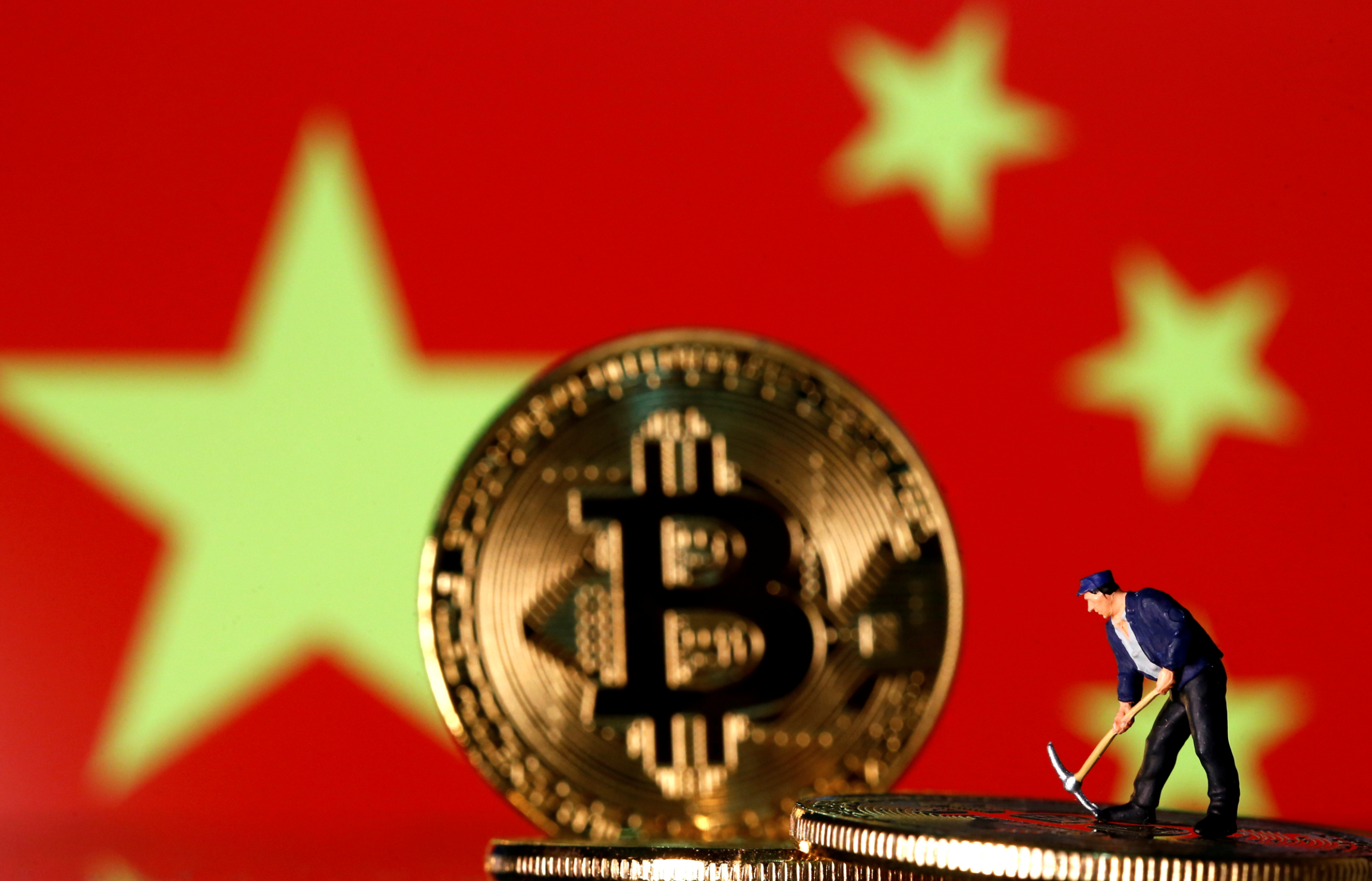After threatening to kill bitcoin over an extended period of time, Chinese regulators do indeed ban all cryptocurrency transactions in the country.
That includes bitcoin, altcoins, stablecoins, and NFTs in China.
The backstory
Chinese authorities have been trying to limit crypto’s influence in the country ever since it started to become popular in the country and around the world in 2017.
That same year, China put the kibosh on onshore cryptocurrency exchanges. Major platforms like Huobi were forced to relocate within months of the announcement.
In June 2021, China imposed restrictions on mining – a process that involves a network of servers creating new crypto tokens (which also require a lot of energy).
This means the following for onshore Chinese residents:
– They can no longer trade crypto on peer-to-peer (P2P) platforms like WeChat Pay and AliPay (which are essentially the Venmo and Zelle of China).
– Mining cryptocurrency is now completely illegal.
– The order reiterated a pre-existing ban on overseas exchanges conducting transactions within China.
Why is China’s government so strict about crypto?
China’s main grievance is that cryptocurrencies are unregulated by any higher authority.
Some argue that this enables illegal activities like money laundering, tax evasion, and black market activity. It also allows money to get out of the country without documentation.
One of the main advantages of any government is being able to control all money and credit within one’s borders.
Any type of private money is therefore a risk if it becomes too successful. Government throughout history have banned gold for this very reason.
So while this type of crackdown seems new, it’s really just part of a repeated pattern as it pertains to any type of unofficial currency or store of value in which transactions can be conducted.
Plus, China’s not exactly known for its lenient governance style.
It’s been on a regulation spree this year, from limiting kids’ online gaming habits (great for the VPN industry) to kicking ride-hailing company Didi off app stores to saying that private tutoring companies are not-for-profit and essentially killing the stocks of GSX (GOTU), TAL, and EDU.
Moreover, the country’s central bank has been testing its own digital currency, the digital yuan.
Having an official digital currency will allow China to better monitor citizens’ economic activity, and enforce rules accordingly.
Final Word
This ban is not unexpected.
Crypto-related companies and mining operations were already moving out of China.
The Chinese government has been less than enthusiastic about allowing the proliferation of cryptocurrency as it impacts their ability to carry out monetary policy and enables certain nefarious activities it doesn’t want.
China is ahead of the curve relative to other countries on crypto regulation. But bitcoin and other cryptocurrencies are at risk of becoming a victim of their own success in other countries as well.


